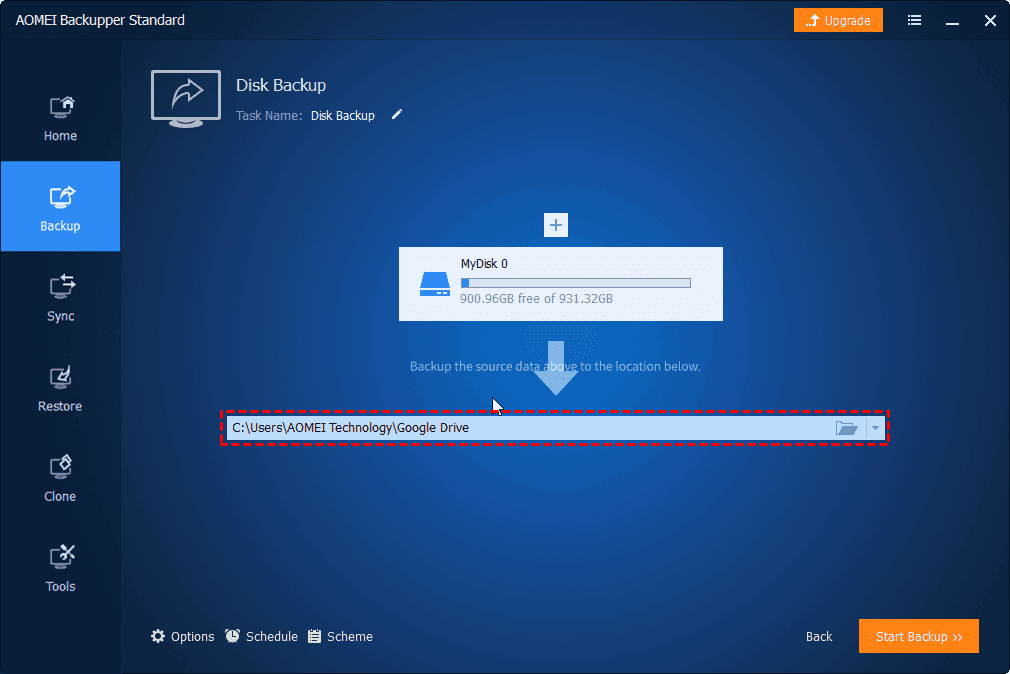Effective cybersecurity is essential for everyone, including governments, companies, and individuals. Protecting personal information, whether it be that of a business or someone’s bank details, is vital, and experts in cybersecurity need to be constantly monitoring for new threats that may arise.
The challenges in making cyberspace secure include the fact that malicious actors are able to work from anywhere in the world, how physical systems are linked to cyberspace, and the difficulties of reducing the vulnerabilities within complex networks. Private entities, as well as government agencies, are constantly developing and implementing tailored cybersecurity processes and plans in order to protect their business. Information technology is becoming increasingly integrated into daily life, and with that comes a growing risk for high-consequence events that could disrupt services on which worldwide economies depend. Thus, people with the right skills and knowledge in the cyberspace industry are in high demand.
Duties of a cybersecurity specialist
Cyber security specialists ensure that a business’s systems are safe from attack. They create and implement security audits across computer hardware and software to ensure the information being processed is performing correctly. They are responsible for discovering risks and vulnerabilities in networks, data centers, and software systems with ongoing scans, monitoring data, and making sure software and hardware applications are regularly updated. They also manage any intrusions or attacks to ensure their client’s information details aren’t compromised.
Usually, they work with a team of other cyber security specialists and directly with other employees and department leaders should any security issues arise.
Some of the benefits of hiring cyber security professionals include preventing attacks on websites, which, as they are high-use interfaces, are susceptible to service attacks, bugs, and cyber-attacks; helping organizations save unwanted costs by preventing extra expenses caused by, for instance, disruption in trading, reputational loss, and data theft; and averting fines payable to victims of a cyber-attack.
Cybersecurity expert skills
Some of the skills cyber security experts require include:
Application security development knowledge and expertise, which is utilized when working closely with software development engineering teams. Excellent communication skills are essential when working with other specialists whose remit may not be the same, perhaps one more focused on function than security.
An understanding of cloud security and its underlying infrastructure, combined with the knowledge of how to combine identity management and authentication to run basic SaaS applications securely. An understanding of how to use new tools that are designed to work with multiple cloud platforms is key, plus knowledge of a company’s responsibility for security in a vendor’s shared responsibility agreement.
Knowledge of threat intelligence analysis is important, and the ability to use the correct tools and contextualize and analyze threats is in high demand. A role in this field requires strong analytical skills and the ability to deal with pressure.
Penetration testing and red teaming experts are sought after by employers. They visit companies, analyze their systems, and tell them how to fix any problems.
Identity and access management knowledge is useful for professionals who can explain the nature of cyber threats to individuals and teams and teach them how to strengthen their security. Those working in this area need to understand how to manage identity, access management tools, set network privileges, and stay alert against cyber intruders in order to help the organization they work for.
Risk and compliance auditors who understand how to comply with industry regulations have an important role to play, using their knowledge of the various data privacy regulations and an ability to detect any non-compliance risks and what security protocols are essential to comply.
Scripting is a skill used in coding and is vital within the cybersecurity space in order to carry out security checks and solutions.
Some skill sets and characteristics that make an effective cybersecurity professional include critical thinking to solve complex problems and creativity to come up with the right solutions. The ability to solve problems effectively is also crucial, as once a threat is identified, it needs to be dealt with as soon as possible before it escalates into something more serious. Strong technical skills are also crucial to keep up with the ever-changing cyber security landscape, as is a passion for learning new tactics to combat problems as they arise.
Qualifications and learning
The very nature of cyber security means that professionals working in the field will need up-to-date qualifications, take regular courses, and commit to research. They need to employ job-specific training and be aware of new trends by reading peer-reviewed papers and industry data.
Committing to an online computer science masters degree at Baylor University prepares graduates for roles in software engineering and data science. The curriculum emphasizes technical proficiency, innovative thinking, ethical issues, and the global trends shaping science and technology.
It also has a core elective on cybersecurity concepts, focusing on subjects such as cryptography, instruction detection and prevention, attacking and defending, and cybersecurity tools.
Once a career within cyber security is embarked on, industry certifications that may be required include:
- Ethical Hacking Certification (CEH v 11)
- CISA Certification (Certified Information Systems Auditor)
- CISM Certification (Certified Information Security Manager)
- CISSP Certification (Certified Information Systems Security Professional)
- CCSP Certification (Certified Cloud Security Professional)
Job prospects
The top jobs within cyber security are in high demand and include:
- Cyber security analyst
- Cyber security consultant
- Cyber security manager
- Penetration and vulnerability tester
- Network Engineer
- Software Developer
- Systems Engineer
- IT director
According to the Bureau of Labor Statistics, the employment of computer and information research scientists is expected to grow 21 percent for the ten years between 2021 and 3021, which is faster than the average for all occupations.











